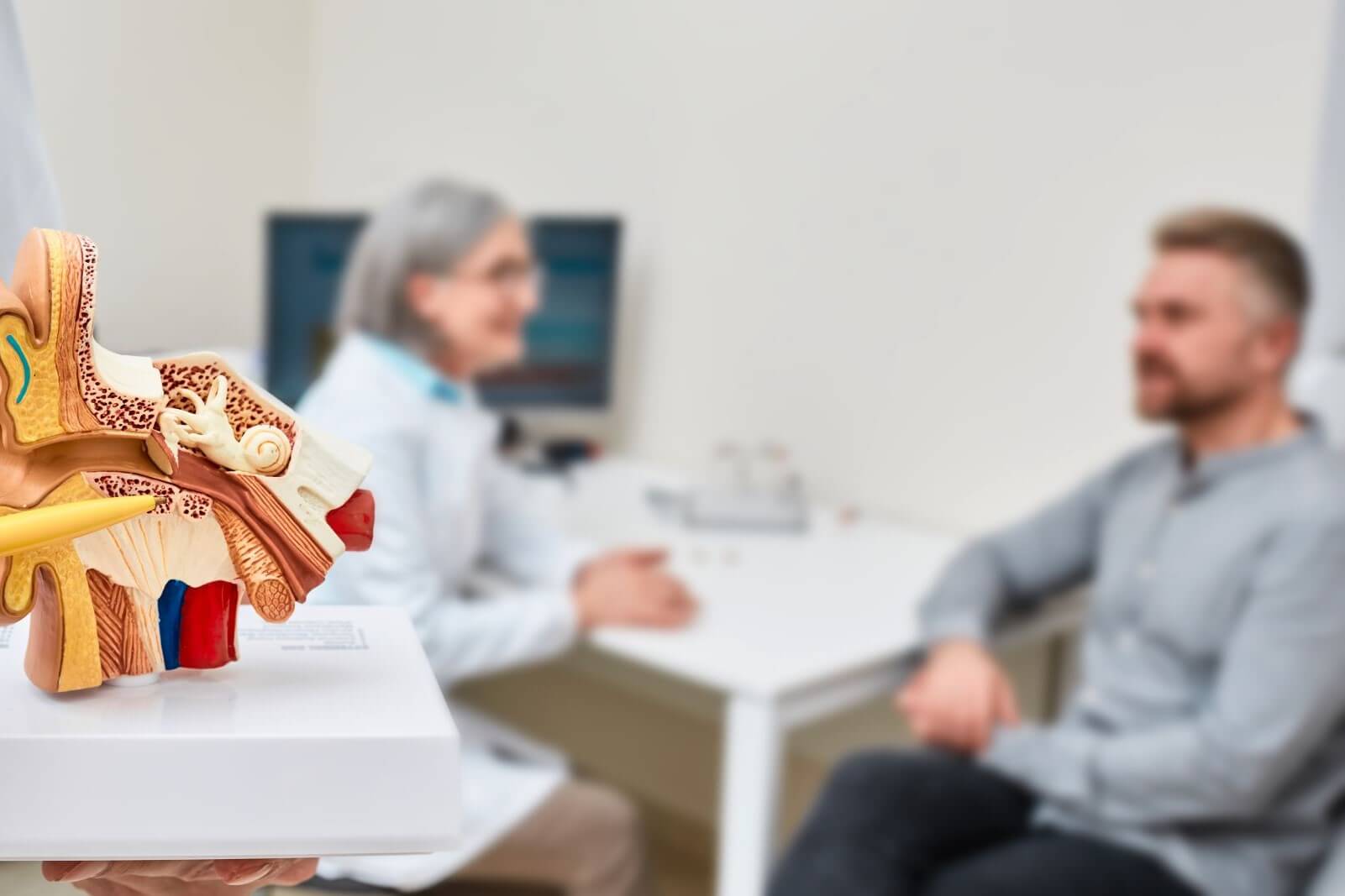- The Impact of Hearing Aids on Veterans’ Lives - February 15, 2024
- Hearing Health: A New Year’s Resolution for a Vibrant Life - January 16, 2024
- Unraveling Misconceptions About Hearing Loss - December 12, 2023
How Do We Define Quality of Life?
Quality of life is a phrase we all hear all the time, but what exactly does it refer to? How can we definitively explain, exactly what quality of life means? Such a notion can be very subjective. But quality of life can be reduced to a few measurable elements: the standards of health, comfort, and happiness that one enjoys.
The basics of good health are common knowledge: a healthy diet, exercise & sleep. Did you know that hearing health is also an essential cornerstone of your health? In fact, your hearing health also directly corresponds to your comfort & happiness. Knowing this, your hearing health is directly related to your quality of life.
Before we look at exactly how this plays out, let’s put your hearing health in its proper context.
The Hard Truths About Hearing Loss
Hearing loss is so much more common than most people realize.
Although less than three out of every 1,000 births result in some manner of congenital hearing loss, almost 14% of the U.S. population suffers from some detectable degree of hearing loss. This percentage increases steadily with the age of the demographic. More than 1/3 of everyone aged 65 & above suffers from hearing loss & more than half of everyone aged 75 & older does. This means that among those aged 75 years old & above, it is more likely than not that they have hearing loss.
These statistics that show exactly how common hearing loss really is are tragic enough on their own, but to really understand the scale of the tragedy, consider the statistics about how people most often respond to their hearing loss. Studies have shown that less than one out of every five people with hearing loss maintains an appropriate treatment program. This means that more than 80% of everyone with hearing loss foregoes treatment. Among those few people that do wear hearing aids daily, they have waited an average of seven years to do so. This means that on average, they waited seven years from the time that they first knew they need hearing help until the time that they finally started wearing hearing aids.
As sad as these statistics are, there are many reasons that explain them. First, hearing loss comes on so gradually that it is literally impossible for most people that suffer from it to even recognize that it is happening to them. If they do recognize it, there are all kinds of antiquated stereotypes about people with hearing loss that create psychological barriers for people, making it simpler to deny or minimize it than to take action to mitigate its impacts.
The Consequences of Not Treating Hearing Loss
With an appropriate course of treatment, hearing loss should not impact anyone’s life any more than wearing eyeglasses does. However, according to statistics we can see that hearing loss is far more consequential than it needs to be. As explained above, many people do not realize that hearing loss is coming on, but they do know that they are exhausted after socializing. This is because they are suddenly expending all sorts of extra energy just to make out what people are saying to them when they are in an environment with background noise. People withdraw socially, subconsciously, not even knowing exactly why. This social withdrawal leads to feelings of loneliness & maybe even isolation. The confusion of why these feelings are happening, lead to frustration & depression. And the compounding consequences of this toxic swirl leads to cognitive decline & disorientation.
When action is taken early, these potential consequences of hearing loss are cut off before they catch on. But if left to grow along this course, as commonly happens, of course hearing loss damages not only your own sense of well-being, but your relationships & professional opportunities.
Take Control of Your Own Destiny
You get a physical every year. You make regular appointments with the dentist without thinking twice. Your hearing health should be no different. They best way to move forward to improve your hearing is by having your ears examined and your hearing tested. Everyone’s hearing loss is unique and everyone’s needs are unique, therefore everyone’s treatment needs to be uniquely tailored to their hearing and listening needs. Make an appointment to come in for an exam today.

